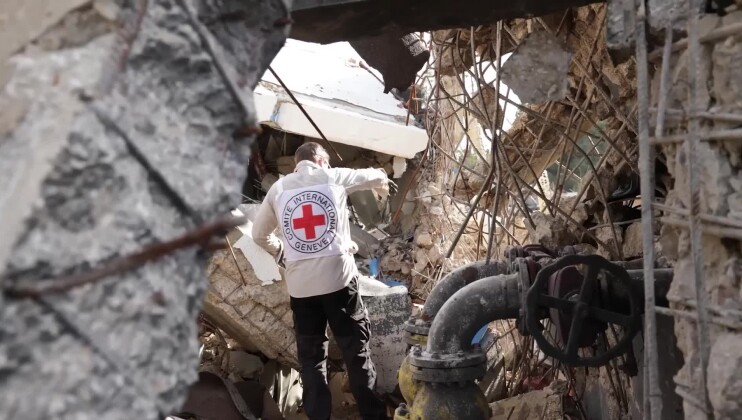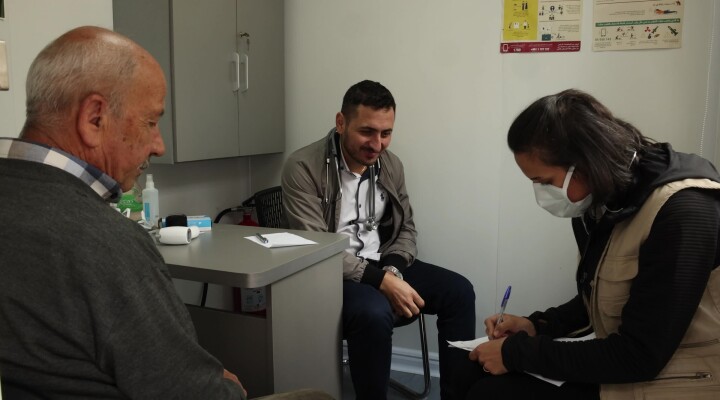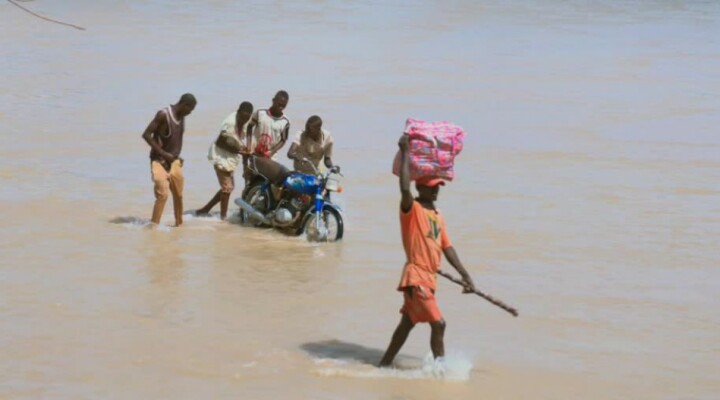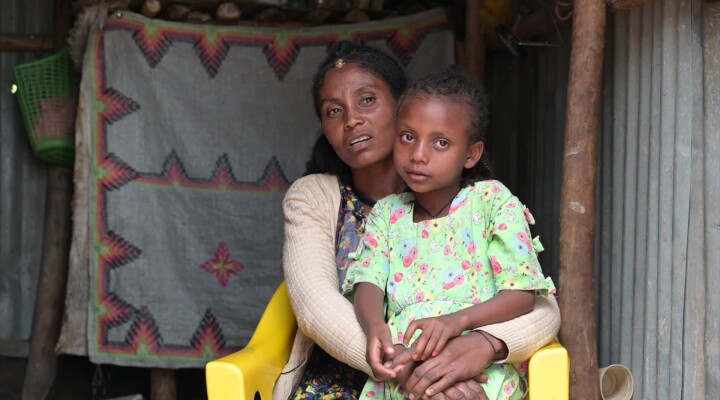Middle East- Protecting livelihoods is a must during COVID-19 Response
Across the Middle East, millions already live with little or no healthcare, food, water and electricity, as well as volatile prices and destroyed infrastructure. Early indications in conflict zones where the ICRC operates shows the impact of COVID-19 is having on some of the region’s most vulnerable people, many of whom are already living a hand-to-mouth existence, struggling to survive and rebuild their lives against vast odds:
- In Iraq, for example, a recent ICRC survey of people we have previously supported through our micro-economic initiatives, 98% (out of 781 people) said that COVID-19 had affected their business, with 50% citing a lack of supplies or access to markets, reduction in customers and sales and temporary closure or reduction of working hours. Of those surveyed, 38% said they lack the ability to access cash.
- In Syria, as the conflict enters its 10th year, just over 9 million people are considered food insecure, an increase of 20% in past 12 months. The impact of COVID-19 has now created hundreds of thousands of newly vulnerable people - 300,000 people, each representing a family, were registered recently by the government for a social benefits programme.
- In Jordan, Syrian refugees who had started businesses with the support of the ICRC have lost the majority of their income, as public health restrictions on movement and curfews impacted their enterprises. The ICRC is providing emergency cash assistance to support them.
Public health measures like lockdowns and curfews have made it difficult or impossible for many people to provide for themselves and their families, often compounding existing economic difficulties. Over time, loss of income and livelihoods could see levels of hunger, malnutrition and chronic illness and soar.
- In Gaza, restrictions introduced to contain the spread of the virus affected restaurants and small grocery stores, as well as the livestock farmers who sold produce to them, and who were already struggling to deal with falling prices for their stock. The ICRC will provide a cash grant for 120 farmers to support them purchasing grains, fodder, clean water etc for their businesses, working with the Ministry of Agriculture.
- In Lebanon, the ICRC has already supported more than 17,700 people with cash or livelihood assistance this year.[1] The COVID-19 pandemic and restrictions introduced to contain it in the country come on top of months of a deteriorating economic situation. Food and non-food prices have dramatically increased over the past eight months, with some goods rising by more than 90%.
Vulnerable families and communities will likely see a huge drop in vital remittances from family members working abroad, as job losses in wealthier countries take their toll. World Bank projections show global remittances are set to decline 20 percent in 2020 due to the COVID-induced economic crisis. Covid-19 has led to a significant diminution of remittances already in places - perhaps as much as 70% in Yemen, where the cost of living has skyrocketed since the conflict began in 2015, with the price of a food basket (rice, lentils, milk, flour, beans, cooking oil, sugar, salt) rising 60%.
Our Calls
- The ICRC calls for social protection programs to be maintained or increased, and that they include the most vulnerable, such as low-income workers, households headed by women, farmers and people with disabilities. Existing humanitarian activities focused on food security and nutrition must also be reinforced.
- The international community, humanitarian actors and donors must respond to the pandemic without losing sight of chronic conflict-related needs, including people’s need for livelihood support in order to weather the long-term effects of the pandemic.
- The ICRC is appealing for 1.2 billion Swiss francs ($1.24 billion US dollars) to respond in places of conflict and violence, to support medical facilities and places of detention, curb the spread among and ensure medical access for displaced people and detainees, and to support National Red Cross and Red Crescent Societies, whose thousands of volunteers and workers are doing vital work on the frontline of this crisis.
Deep humanitarian needs will worsen and new ones will emerge if the international community doesn't factor socio-economic aftershocks into our response and protect livelihoods and food security.
For further information, please contact:
Sarah Alzawqari, ICRC Middle East spokesperson, +961 3138 353, salzawqari@icrc.org
Ruth Hetherington, ICRC Middle East spokesperson, +41 79 447 3726, rhetherington@icrc.org






